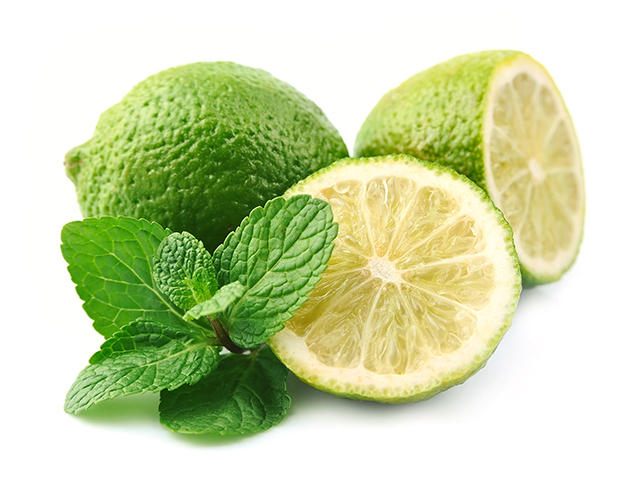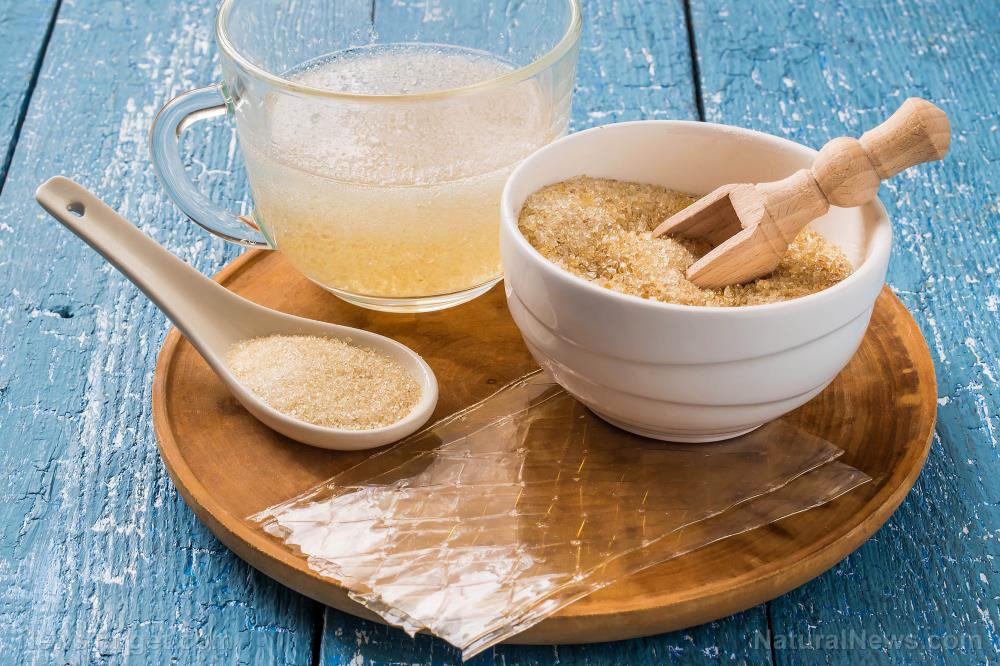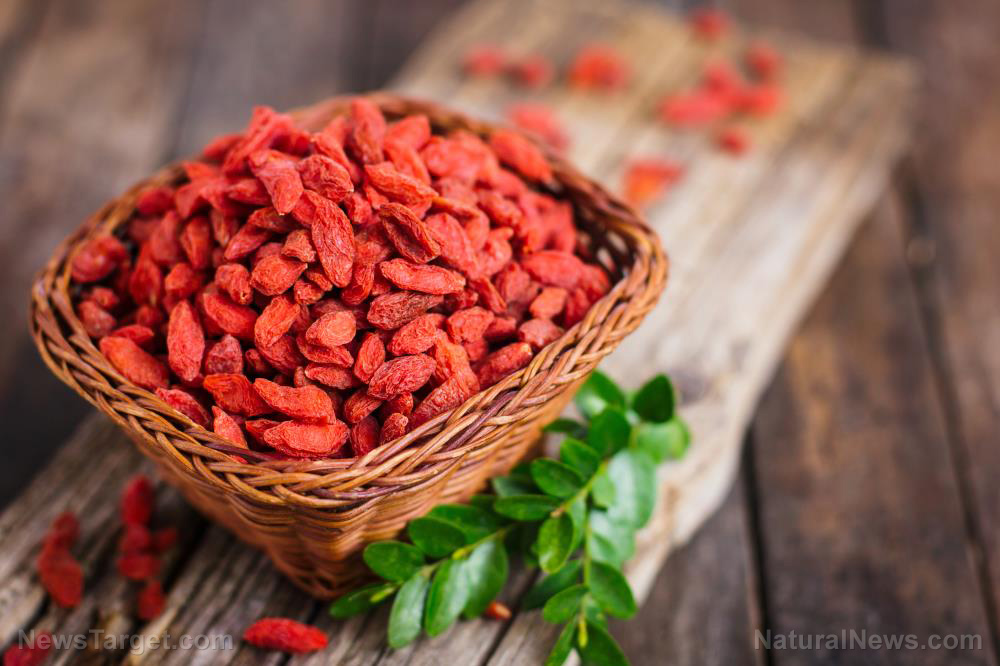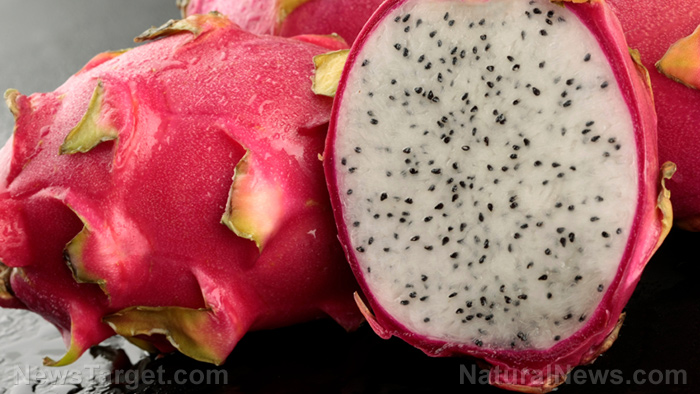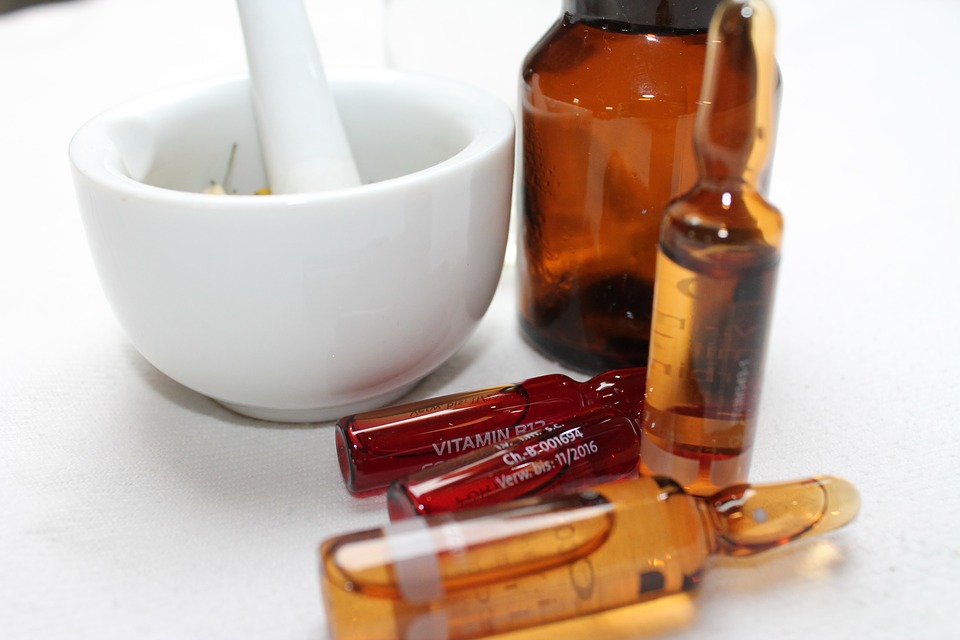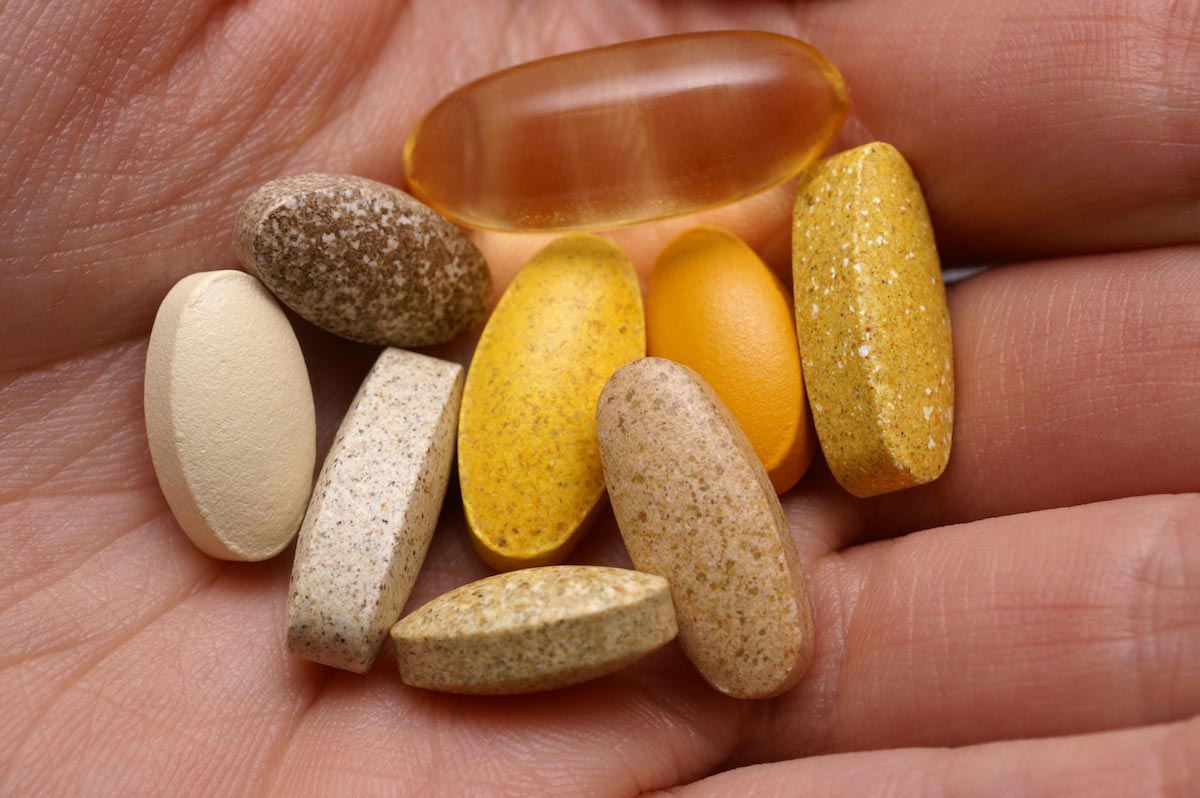Powerful health secrets inside pomegranates: What science says about this ancient superfruit
07/23/2025 / By Olivia Cook

- Pomegranates are loaded with essential vitamins (C, K, B5, folate), fiber and powerful antioxidants like punicalagin and flavonoids that help protect cells from oxidative damage.
- Regular consumption of pomegranate juice has been shown to lower blood pressure, improve cholesterol levels and support overall cardiovascular function through compounds like punicalagin and punicic acid.
- Pomegranates help reduce chronic inflammation, which is linked to diseases like arthritis and diabetes, and strengthen immune defenses thanks to their rich polyphenolic and antioxidant content.
- Compounds such as ellagic acid and urolithins in pomegranates inhibit cancer cell growth, promote apoptosis (cell death) and may prevent tumor development and spread, particularly breast, colon and prostate cancers.
- Pomegranate-derived urolithins support brain function, protect against cognitive decline and promote cellular energy and longevity by enhancing mitochondrial health and reducing neuroinflammation.
The vibrant ruby-red pomegranates are most commonly associated with their high antioxidant content. Antioxidants are compounds that help protect cells from damage caused by harmful molecules called free radicals. Recent studies, however, suggest that the health benefits of pomegranates go far beyond antioxidants.
Researchers have also delved into clinical trials where participants consumed pomegranate juice or extracts to examine its effects on the body. What they discovered was truly exciting – pomegranates may support heart health, boost brain function, reduce inflammation-related conditions and disorders and more – promoting overall well-being.
Pomegranates aren’t just a tasty treat – they’re packed with an array of essential nutrients and powerful bioactive compounds that make them a nutritional powerhouse.
Nutrient-rich arils provide a significant amount of nutrition in every bite. Just one cup (174 grams) of arils offers these macronutrients:
- Fat – 2 grams, an energy source and essential for nutrient absorption and hormone production
- Fiber – 7 grams, crucial for digestion and gut health
- Plant protein –3 grams, important for muscle growth and repair
- Natural sugars – 24 grams, providing a natural energy boost
- Calories – 144 calories, making it an energizing, low-calorie snack
Aside from being low in fat and high in fiber, pomegranates are also packed with essential micronutrients that your body needs, including:
- Vitamin B5 (pantothenic acid) – 0.656 mg or 13 percent of the daily value (DV), vital for the production of hormones
- Vitamin B9 (folate) – 66.2 mg or 17 percent of the DV, crucial for red blood cell formation and healthy cell growth
- Vitamin C – 30 percent of the recommended daily intake (RDI), a key antioxidant that supports immune function and skin health
- Vitamin E – 1.044 mg or 7 percent of the DV, protecting your cells from oxidative stress
- Vitamin K –18.6 micrograms or 18 percent of the DV, essential for proper blood clotting and bone strength
- Folate (vitamin B9) – 16 percent of the RDI, important for DNA synthesis and cell growth
- Manganese – 0.208 mg or 9 percent of the DV, plays a role in metabolism and bone formation
- Potassium – 410 mg or 9 percent of the DV, supporting heart function and muscle contractions
Beyond vitamins and minerals, pomegranates contain unique bioactive compounds that offer additional health benefits. These compounds are primarily concentrated in the arils and the pericarp (the thick outer peel). Here are some of the most notable and studied ones:
- Ellagic acid –This compound is especially concentrated in the pericarp. Ellagic acid has demonstrated anticancer potential by inhibiting the growth of cancer cells. It also acts as an antioxidant – further enhancing pomegranates’ health benefits.
- Flavonoids – They are known to improve heart health and may even help lower the risk of certain cancers. They protect cells by reducing oxidative stress and inflammation.
- Punicalagin – It helps combat oxidative stress by neutralizing free radicals, protecting cells from damage and potentially reducing the risk of chronic diseases like diabetes, heart and cardiovascular disease, and cancer.
- Punicic acid – It helps reduce inflammation, which is a key driver of conditions like heart disease, metabolic diseases and Type 2 diabetes.
- Urolithins – These are metabolites produced in the gut when ellagitannins are digested. Urolithin A, in particular, is noteworthy for its potential to promote mitophagy – the process by which damaged mitochondria (the energy center of cells) are cleared out. This has been linked to improved muscle health, enhanced endurance and even anti-aging effects, as healthy mitochondria are crucial for energy production and overall vitality. Research suggests that urolithin A may help delay the onset of age-related diseases by promoting cellular health and longevity.
Health benefits of pomegranates
Modern research has found that the antioxidants in pomegranates can help protect your heart. The anti-inflammatory and antitumor properties of pomegranates may also have promising use in cancer treatment and prevention.
Heart health
Numerous studies have demonstrated that pomegranate juice can help lower blood pressure and improve cholesterol levels – making it an excellent ally in the fight against heart disease, the leading cause of death worldwide.
The cardioprotective effects of pomegranates are primarily attributed to two key compounds: punicalagin and punicic acid. Punicalagin has been shown to have three times the antioxidant activity of green tea and red wine. Punicic acid, a conjugated linoleic acid, also exhibits strong antioxidant properties and is concentrated in the arils
A study involving participants with high blood pressure revealed that those who consumed pomegranate juice daily for several weeks experienced significant reductions in their blood pressure levels. This effect is likely due to the juice’s ability to relax blood vessel walls – facilitating smoother blood flow and reducing strain on the heart.
Inflammation
Chronic inflammation can lead to various health issues, including arthritis, diabetes and even cancer. Pomegranates are rich in anti-inflammatory compounds that can help mitigate these conditions.
Pomegranates contain high levels of polyphenolic compounds, including tannins and ellagitannins. These compounds help combat inflammation throughout the body.
Clinical trials have shown that individuals with arthritis who consumed pomegranate juice reported decreased joint pain and swelling. Additionally, a recent study found that daily pomegranate juice consumption reduced inflammation markers in individuals with diabetes – suggesting its role in managing inflammation-related diseases.
Cancer
Emerging research indicates that pomegranates may have potent anticancer properties, particularly against breast, colon and prostate cancers. Key compounds, such as ellagic acid, luteolin and punicalagin, contribute to pomegranate’s ability to inhibit cancer growth. They do so through several mechanisms:
- Inhibition of cell proliferation. Pomegranate compounds can limit the ability of cancer cells to multiply.
- Induction of apoptosis. These compounds promote programmed cell death – helping the body eliminate damaged or cancerous cells.
- Angiogenesis inhibition. Pomegranates may prevent the formation of new blood cells that tumors need to grow.
- Metastasis prevention. They help reduce the ability of cancer cells to invade surrounding tissues and spread to other parts of the body.
A study showed that men with prostate cancer who drank eight ounces of pomegranate juice daily experienced stabilization of prostate-specific antigen (PSA) levels – an important marker for prostate cancer progression.
Immune function
Pomegranates are packed with antioxidants and nutrients that can enhance immune function and help ward off illness.
The high antioxidant content of pomegranates can help neutralize harmful free radicals, thereby reducing oxidative stress and inflammation that can weaken the immune system.
A study examining the effects of pomegranate peel extract on malaria-infected mice demonstrated that the extract improved immune function and reduced inflammation. Mice treated with pomegranate peel extract showed fewer injuries in their spleens – highlighting the fruit’s potential as a protective agent against infections.
Brain health
Pomegranates also contribute to cognitive health – making them a valuable addition to a brain-healthy diet.
The antioxidants in pomegranates may help protect the brain from inflammation and oxidative damage linked to neurodegenerative diseases, including Alzheimer’s.
When the beneficial bacteria in the gut break down the polyphenols from pomegranates, they produce metabolites called urolithins, which have strong anti-inflammatory properties. Research has shown that urolithins can cross the blood-brain barrier and may help prevent the formation of beta-amyloid plaques – a hallmark of Alzheimer’s disease.
Food.news has more about pomegranates and other superfoods.
Watch this video about the compounds in pomegranate juice that have been found to trigger cancer cell death.
This video is from the Natural News channel on Brighteon.com.
More related stories:
Pomegranates can be difficult to crack open, but they offer a lot of health benefits.
Pomegranates are some of the best foods you can eat to prevent cancer.
Pomegranates are powerful nutritional preventive for inflammation-related diseases.
Sources include:
Submit a correction >>
Tagged Under:
alternative medicine, antioxidants, bioactive compounds, food cures, food is medicine, natural cures, natural health, natural medicine, nutritional powerhouse, phytonutrients, Pomegranates, prevention, traditional medicine
This article may contain statements that reflect the opinion of the author
RECENT NEWS & ARTICLES
COPYRIGHT © 2017 NUTRIENTS NEWS


